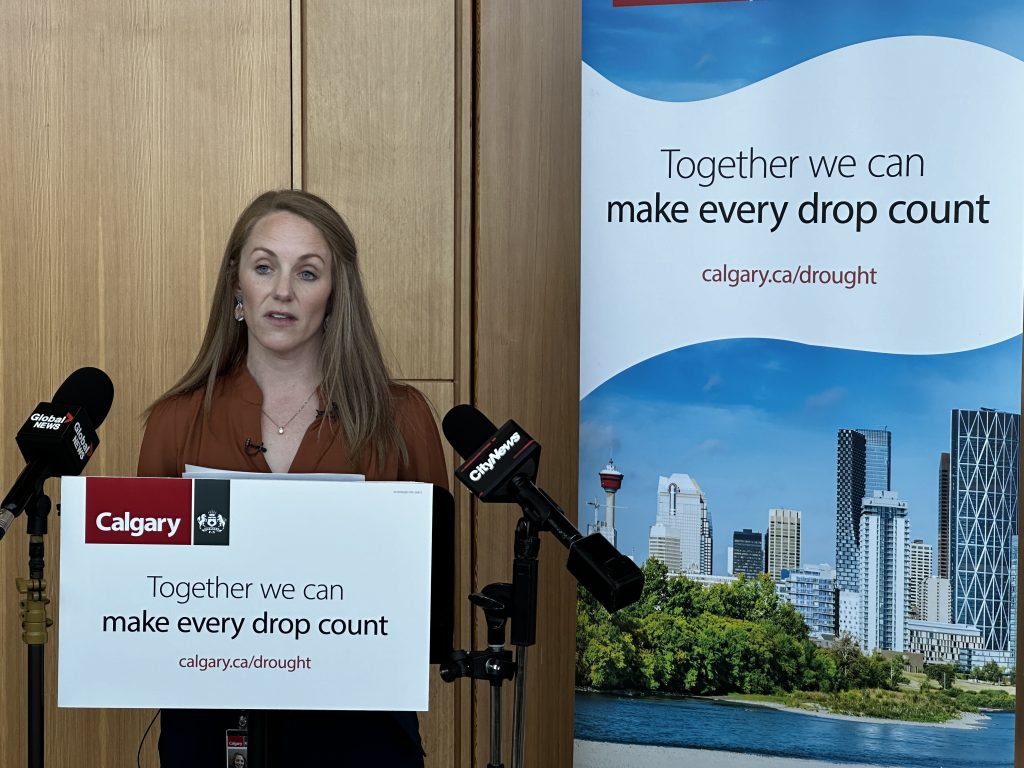Province looks to ‘modernize’ health care through suite of amendments
Posted Jul 6, 2020 2:50 pm.
Last Updated Jul 7, 2020 6:07 am.
EDMONTON (660 NEWS) — The United Conservative government has announced a suite of changes to health care legislation, which they hope will streamline services and help deliver on some campaign promises.
Health Minister Tyler Shandro introduced Bill 30: The Health Statutes and Amendments Act Monday afternoon in the legislature, paving the way to changes affecting seven health-related acts and repeals to two others.
“First, they will strengthen the role of Albertans in our health system. As well, they will help achieve our commitment to improving surgical wait times, and last it will modernize legislation to create a more effective system that works for Albertans,” said Shandro.
Some highlighted proposals include adjusting physician compensation models, allowing more private clinics to handle surgeries, appointing more citizens to the boards of college councils, tribunals and the complaints review committee, and clarifying the responsibilities of Alberta Health Services.
The Health Quality Council of Alberta (HQCA) also gets a specific focus, as the government wants to expand its mandate so it can have a broader role in improving system quality.
“This aligns the HQCA with its counterparts in other provinces, which have similar reporting structures,” Shandro said, as he added the Council will stay arms-length from the government and continue conducting independent public inquiries.
The topic of physician compensation has received a lot of attention lately, leading to many doctors leaving the province following the decision by the government to bring in a new compensation framework after negotiations did not even get off the ground when the government walked out of meetings and suspended a contract.
Bill 30 proposes moving beyond the fee for service model, so the government can enter into contracts with doctors who practice in alternative relationship plans, such as at private clinics.
The changes would also allow the ministry to contract with persons other than doctors, which they state would “increase choice for physicians.”
“We aim to make it easier for physicians to choose to be paid in ways which allow them to spend more time with the patients,” said Shandro.
But the minister said this does not mean third-party operators can take advantage of the situation.
“What we’re doing is modernizing the legislation to acknowledge that fee for service is not the only way physicians get paid in the province, making the process for the physician services contracts to become streamlined for them.”
Shandro said he had heard some concerns from physicians around this topic and the changes are in response to their feedback.
In order to assist with the goal of cutting down on surgical wait times by 2023, the Health Care Protection Amendment Act would allow for more low-risk surgeries to be chartered out to designated private facilities.
“We need more facilities like these to join our efforts,” said Shandro. “We will also, and always, ensure patient safety is protected and Albertans receive the quality of care they deserve and expect.”
There are currently 43 chartered surgical facilities providing fully-insured surgeries under a partnership with the province.
Shandro said there are no cuts to the public system here, and this change will streamline the process where facilities can apply to do some of these procedures.
“This is about changing the process that was unnecessary to make sure that AHS and our physicians have the capacity they need,” Shandro added.
He said this announcement also combines with a $100 million investment in AHS capital facilities, as an overall move to increase surgeries.
It takes two years for facilities to get approved at this point, and Shandro said they want to speed it up although he will not commit to a specific time frame right now.
Moving ahead, more members of the public would be permitted to join oversight bodies, which officials said would move them into a more patient-focused system.
The changes would increase the number of public members on such boards from 25 per cent to 50 per cent.
“This is also, just generally, a part of our commitment to Albertans in the last election that we wanted patients to be at the centre of the system,” said Shandro.
He added it will be up to the 29 different colleges to figure out how they make decisions under the new makeup, but Shandro said for the government this is about providing more of a voice for members of the public.
On the role of AHS, the amendments seek to affirm the body as the province’s single health authority, while Covenant Health is recognized as a partner in providing faith-based health care.
On that note, there are also repeals proposed for the Provincial Health Authorities of Alberta Act, which was created for the time period when the province had multiple health regions operating under different bodies.
Shandro made it clear that Covenant operates underneath the watch of AHS, while it manages its own operations.
A repeal is also sought to the Health Governance Transition Act, which the government said is no longer needed as three other entities — the Alberta Mental Health Board, Alberta Cancer Board and Alberta Alcohol and Drug Abuse Commission — are now under AHS purview and this will help reduce red tape.
In addition, a change is also being made concerning COVID-19, with the Public Health Amendment Act clarifying the applicability of quarantine requirements, with people ordered to self-isolate for at least 14 days following international travel. The amendment makes it clear that this rule applies to anyone entering Alberta and not just Alberta residents.
Some amendments in the bill will be in force as they are proclaimed, while others will come in force over the ensuing months.










